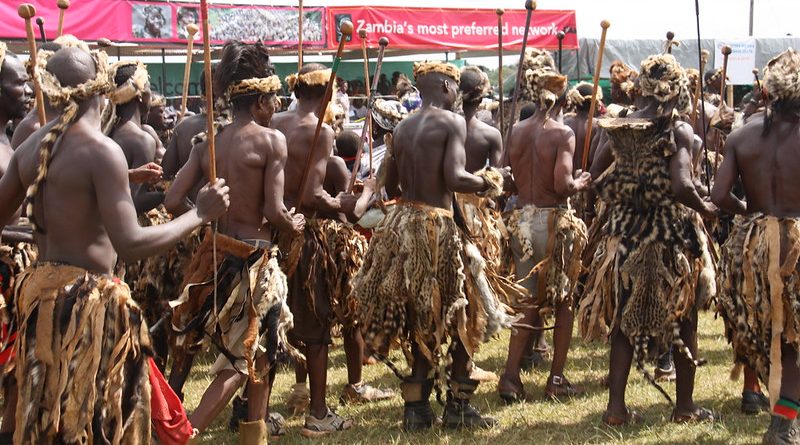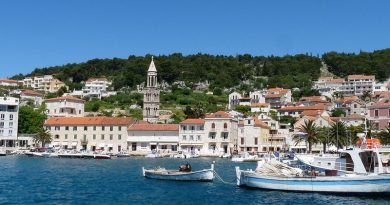The Ncwala First Fruits Festival of Swaziland
Festival Essentials
Where: Swaziland, Southern Africa
When: December
What Happens: 3 week ritual involving collecting the foam of waves, followed by celebration and feasting
Remember to Bring: Spoils for the bonfire
Where’s the Party?
In Swaziland, the Ncwala Festival (first fruits) is the most important and colourful occasion of the year, held in December. The Swazi people have a strong allegiance to their king who forms the central focal point of this festival. It is a chance to honour the royal family as a source of fertility for the country. This is quite apt as the late King Sobhuza had over 100 wives and 600 children!
What Happens at Ncwala
The festival takes place over three weeks. The first phase starts at the new moon when theBemanti clan make the journey east to the coast of Mozambique. Here they collect the foam of the waves, which is believed to have healing powers. When they return to the palace with the foam, a ceremony called Little Ncwala is performed in traditional costume and accompanied by sacred songs and dancing. This carries through to the following week before the Big Ncwalafestival when every village in Swaziland celebrates with singing and dancing.
When the moon is full then Big Ncwala begins with a colossal journey undertaken by young men from all over the country. On their journey they gather branches from the Lusekwane tree to construct a sacred bower in the royal garden. A sacred ox is then driven out from the King’s kraal and slaughtered for feasting the next day.
The day of Big Ncwala, warriors and guests assemble in the royal compound dressed in traditional dress of animal skins, grass skirts and feathers in their hair. The warriors dance around the sacred bower to lure the king outside from the palace. He will eventually emerge in his full regalia, with his face painted, hair plumed and a money skin belt to perform his sacred dance. The king is then presented with the first harvested pumpkin of the season. He devours it and then throws the rind into the crowd who erupt into a frenzy and chant and dance songs of the season.
The nest day is dedicated solely to rest and meditation. The sixth day is then celebrated with a huge bonfire. Articles of villages and individuals are burnt on these bonfires to herald the beginning of the New Year.
More Information
Sixoone
An amazingly constructed site that gives you loads of information on Swaziland and all other little known African festivals you can attend.
By Electra Gilles




